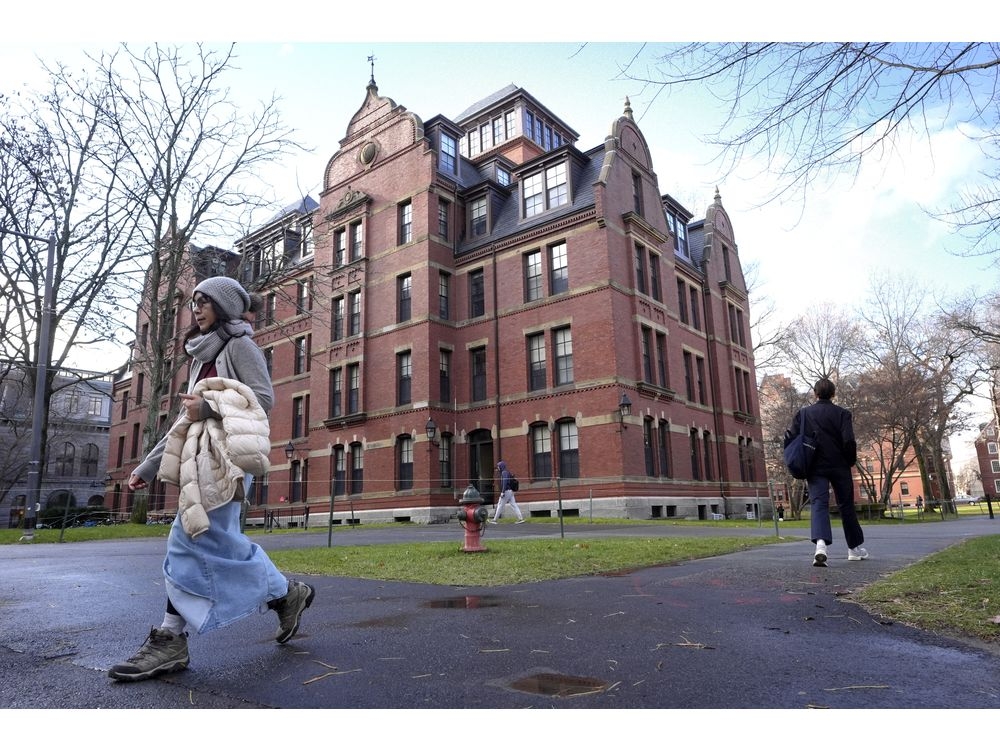The Trump administration has taken a decisive step against Harvard University by revoking its authorization to enroll international students, citing the university’s alleged failure to comply with a government request for related records. Announced on May 22, 2025, by Homeland Security Secretary Kristi Noem, the move threatens to affect approximately a quarter of Harvard’s student population, which includes nearly 6,800 international students from over 100 countries. Harvard has swiftly responded with legal action, challenging the revocation as unconstitutional and asserting that it represents retaliatory and arbitrary executive conduct. The dispute has drawn significant attention due to its implications for the university community, international students—including notable individuals such as Princess Elisabeth of Belgium—and broader questions regarding immigration and higher education policy in the United States.
The Trump administration’s decision to revoke Harvard University’s authorization to enroll international students marks a significant escalation in the ongoing legal conflict between the federal government and the institution. This action is predicated on claims that Harvard failed to comply with a formal request for records related to its international student population, a compliance issue that the Department of Homeland Security asserts undermines federal oversight of student visas.
Impact on Harvard’s International Student Community
Harvard’s international student population comprises nearly 6,800 individuals hailing from more than 100 countries, representing roughly 25% of the total student body. The revocation of enrollment privileges for this demographic threatens to disrupt the academic careers of these students, many of whom contribute significantly to the university’s academic and cultural environment. Among the affected are high-profile students such as Princess Elisabeth of Belgium, whose presence signifies the global reach and prestige of Harvard’s international programs.
Government Justification and Administrative Actions
Homeland Security Secretary Kristi Noem, in announcing the revocation on May 22, 2025, emphasized the government’s commitment to enforcing immigration laws and ensuring compliance by educational institutions. The administration argues that Harvard’s failure to provide requested documentation impedes the government’s ability to verify the legitimacy of international student enrollments and manage visa issuance properly.
This enforcement action fits within a broader policy framework pursued by the administration aimed at increasing scrutiny over international students and reinforcing accountability standards for universities. Officials maintain that these measures are necessary to safeguard national security interests and address concerns about the misuse of student visas.
Harvard’s Legal Response and Constitutional Arguments
Harvard University promptly responded by filing a lawsuit challenging the revocation on constitutional grounds. The university contends that the administration’s action is retaliatory, arbitrary, and lacks a lawful basis, thereby violating principles of due process and equal protection under the law. Harvard’s legal team asserts that the university has complied with all substantive requirements and that the records request was an overreach intended to intimidate and penalize the institution.
The litigation has initiated a broader debate regarding the limits of executive authority in regulating educational institutions and the protection of students’ rights amidst shifting immigration policies. Legal experts anticipate a closely watched court battle that could set important precedents for university-government relations.
Broader Implications for U.S. Higher Education and Immigration Policy
The dispute underscores ongoing tensions in U.S. immigration policy, particularly relating to the role of international students within American higher education. Institutions across the country have expressed concern over potential ripple effects that increased regulatory scrutiny and executive interventions could have on their ability to attract and retain international talent.
International students contribute significant economic, cultural, and academic value to U.S. universities, and disruptions to their enrollment status raise questions about the future of global academic exchange. Stakeholders including educators, policymakers, and advocacy groups are closely monitoring the situation, recognizing that outcomes could influence international perceptions of the United States as a welcoming destination for education.
Conclusion
The Trump administration’s revocation of Harvard’s authority to enroll international students represents a pivotal moment in the intersection of immigration enforcement and higher education governance. As legal proceedings unfold, the case will likely have far-reaching consequences for universities, international students, and federal regulatory practices. The evolving nature of the dispute warrants continued attention as stakeholders navigate the complex balance between national security priorities and the integrity of academic institutions.
The revocation of Harvard University’s authorization to enroll international students by the Trump administration marks a consequential development with substantial ramifications for higher education and immigration policy in the United States. This decision affects thousands of students and highlights the tensions between federal regulatory efforts and university autonomy. As Harvard challenges the move in court, the outcome will be critical in defining the extent of executive power over educational institutions and safeguarding the rights of international students. Given its broader implications, this case remains a significant point of focus for policymakers, academic communities, and international stakeholders alike.

